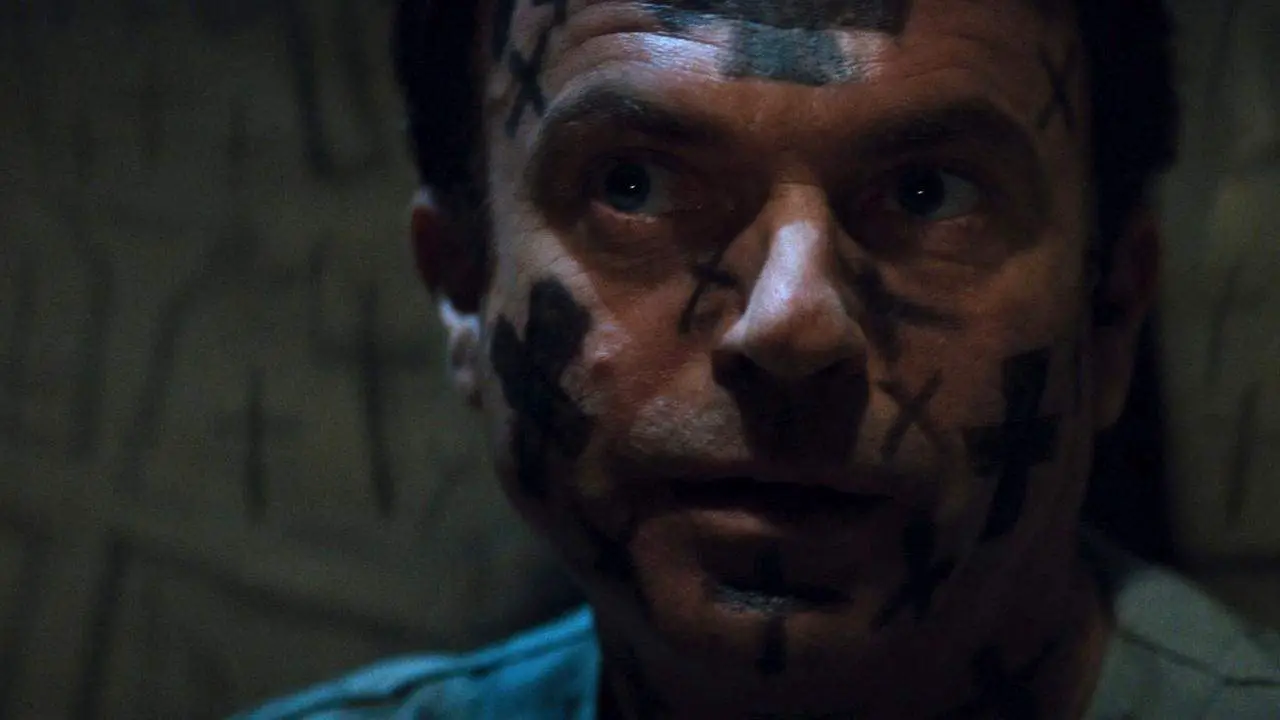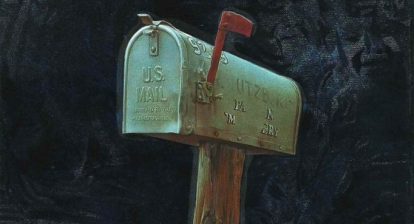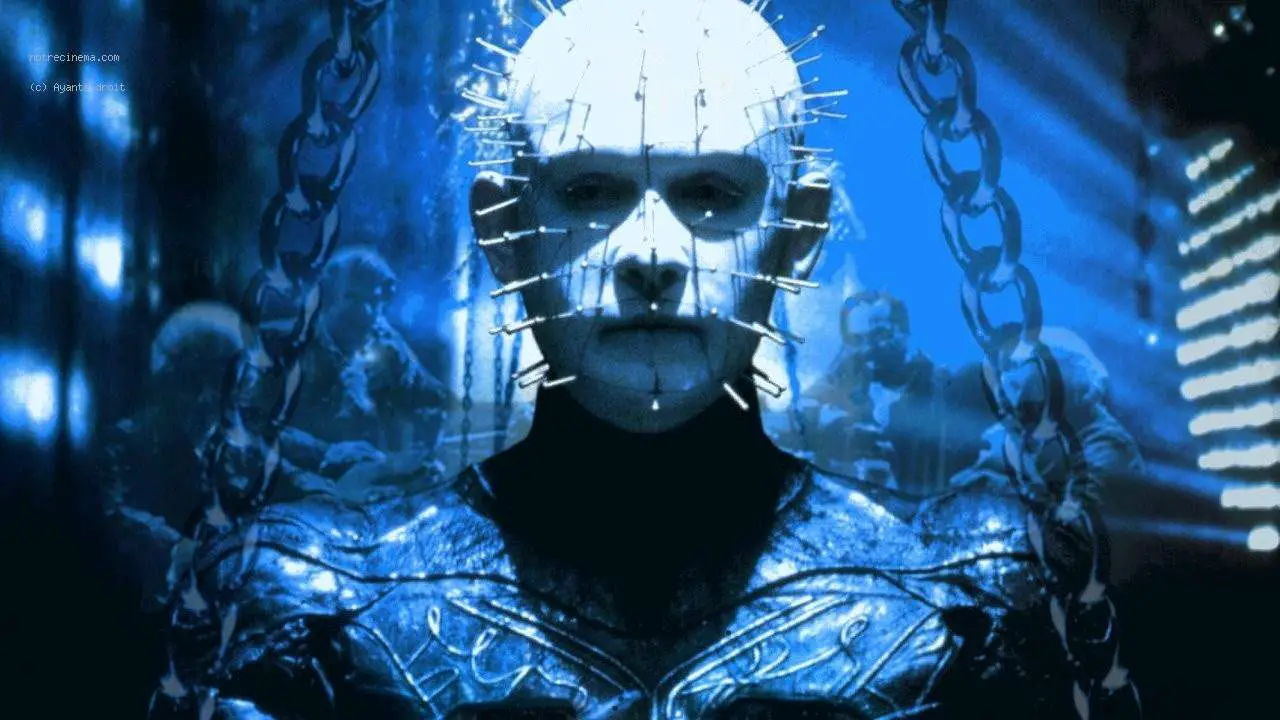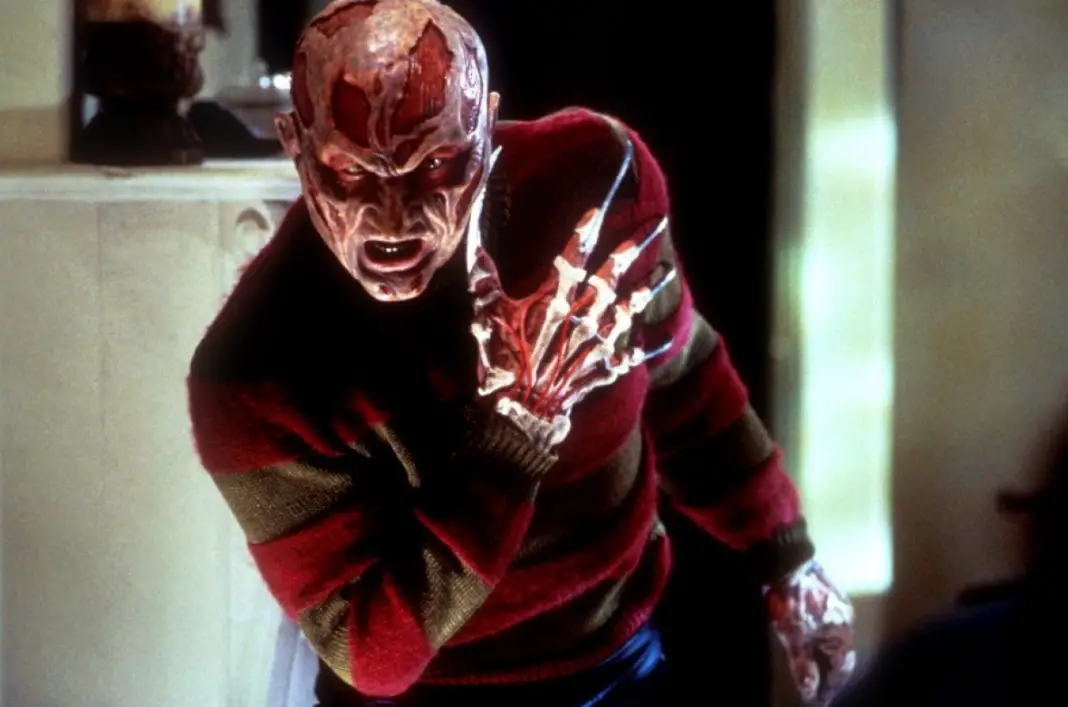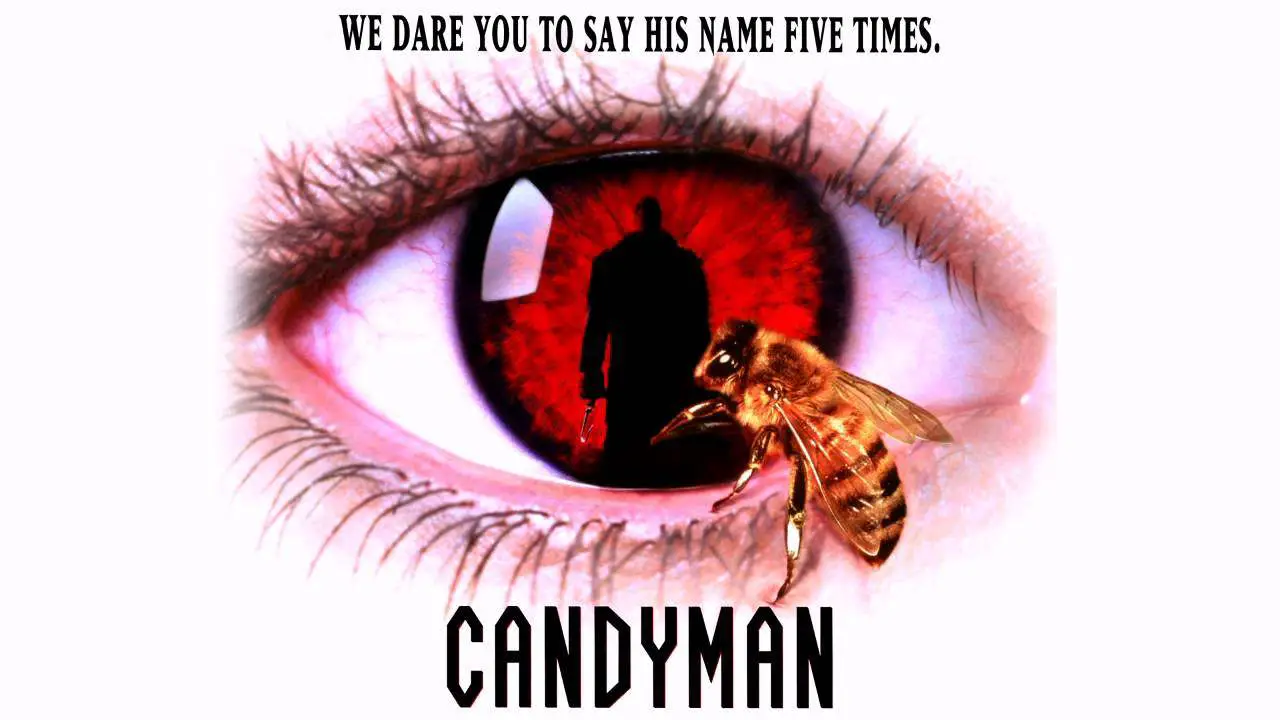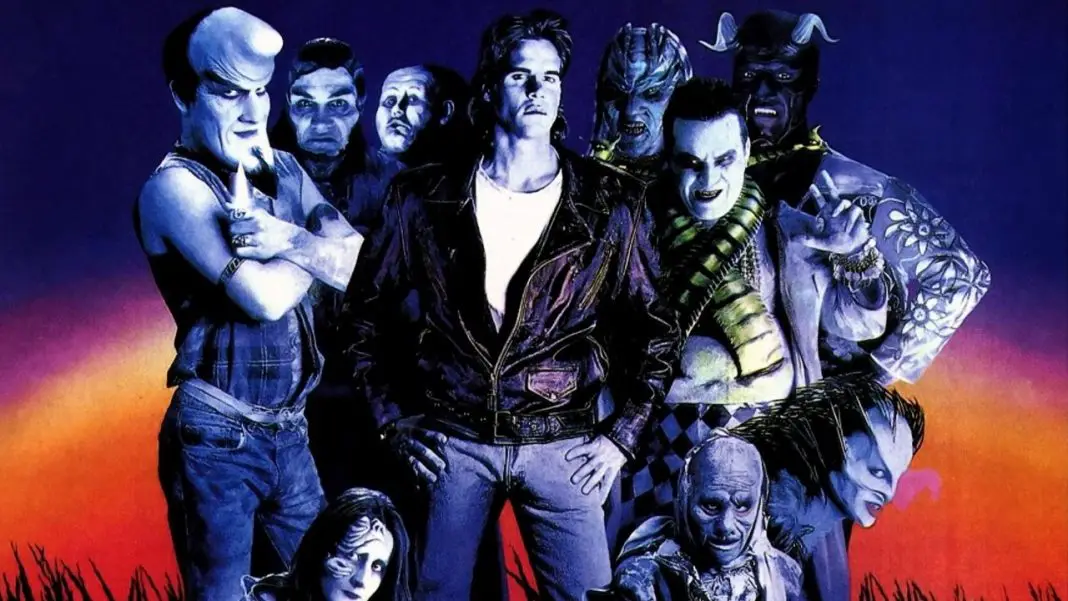Print is dead. That’s what everyone says, at least. Hell, Egon Spengler said it way back in Ghostbusters in 1984. The paperback market has almost completely died out and everything has made the move to digital platforms like Kindle and Nook. Which would be fine, if they had proven to be sustainable, but they really haven’t been. Typically, an author makes much less on an eBook than a print copy, which is supposed to be balanced out by the eBook selling far more copies. Maybe that worked for awhile, but it doesn’t appear that it’s doing as well now. It’s hard for an author to get someone to buy their books.
That’s because it’s easier than ever to put your book out there, to become a published author and have your work readily available for all the world to see. Don’t get me wrong, I think the very idea of this is incredibly exciting. People who don’t make novels that traditional publishers would react well to can simply bypass those publishers and create their own content. The self-publishing revolution is similar in a ton of ways to the independent filmmaking boom of the 1990s. The problem is that even those filmmakers working with nothing had people supervising their work. You always need another voice, someone looking over your shoulder, to keep the project on track and feed you advice that’s ideally going to make a better, more sellable product.
I’m not knocking self-publishing in any way, shape or form. It would be incredibly hypocritical considering that I’ve done it before. What I am saying is that this new age of self-publishing has created an overwhelming surge of content. It’s hard to discover something new because there’s just so much out there and you have no idea how much of it is good or bad. It’s almost impossible to find something new. And, of course, manny of these fresh indie writers are writing genre fiction.
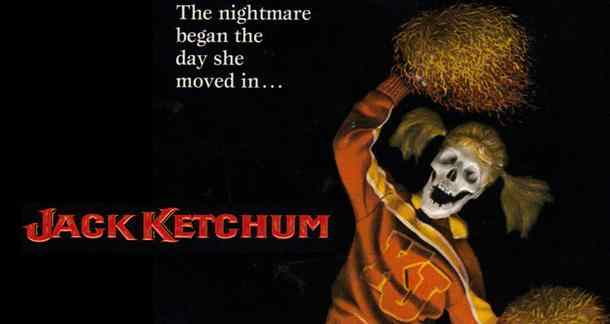
Horror fiction is suffering because no one is talking about it. Everything spreads via word of mouth, but there was a time when people were always talking about new authors they were discovering in horror groups online, and you don’t see too much of that anymore. You see some, of course, but definitely not enough to make one feel comfortable with the current status of genre literature.
Even the great horror authors I used to love talking about with people, I barely hear their names mentioned anymore. Even the ones who have their names plastered on movies. There was a great chunk of time at the end of the 2000s when people were discovering Jack Ketchum’s work through the film adaptations. Movies based on books have always worked in that regard. Now I hardly see Ketchum mentioned. Richard Laymon, Peter Straub, Robert McCammon; these are some of my favorite authors and the discussion about their contributions to the genre are at best approaching a standstill.
 There are still conversations, sure, but they’re smaller. Very select group chats or sub-threads that seem to go months between comments. It’s an interesting dilemma and a very strange problem to try and fix. I don’t think reading is in danger, people are still clearly doing that and they’re doing it however they want to. The only threat to reading is, naturally, not having the time to do it. No matter what anyone says, that, in this economy, is an extremely valid excuse. People are constantly talking about how they’re reading, whether it be on their eReader, or phone, or they listen to an audiobook. For some reason, I hear more discussion about how people are reading than what they’re actually reading.
There are still conversations, sure, but they’re smaller. Very select group chats or sub-threads that seem to go months between comments. It’s an interesting dilemma and a very strange problem to try and fix. I don’t think reading is in danger, people are still clearly doing that and they’re doing it however they want to. The only threat to reading is, naturally, not having the time to do it. No matter what anyone says, that, in this economy, is an extremely valid excuse. People are constantly talking about how they’re reading, whether it be on their eReader, or phone, or they listen to an audiobook. For some reason, I hear more discussion about how people are reading than what they’re actually reading.
I assume the horror fans are still reading horror, but they’re not talking too much about it. Some of that has to do with the way the industry has treated its authors, too. When Dorchester Publishing, which housed several of the big-name horror writers, was revealed to have not paid royalties to its authors for eBook sales, that’s the real problem, and it’s one that’s much harder to fix.
 Jack Ketchum, Brian Keene, these are beloved horror authors who were forced to go the indie route. Many of your favorite horror authors are self-publishing. One, because it’s an easy way to target something directly to the fans. Two, it’s somewhat out of necessity. Some of the best horror writers in the world don’t have the huge publishing contracts that they used to and I don’t know why that is except that it probably has something to do with the publisher not giving a crap because these guys are still aiming at a niche market. Even Clive Barker was let go by his longtime publisher, although he’s certainly made it work, judging from the success of The Scarlet Gospels.
Jack Ketchum, Brian Keene, these are beloved horror authors who were forced to go the indie route. Many of your favorite horror authors are self-publishing. One, because it’s an easy way to target something directly to the fans. Two, it’s somewhat out of necessity. Some of the best horror writers in the world don’t have the huge publishing contracts that they used to and I don’t know why that is except that it probably has something to do with the publisher not giving a crap because these guys are still aiming at a niche market. Even Clive Barker was let go by his longtime publisher, although he’s certainly made it work, judging from the success of The Scarlet Gospels.
It’s still a tough, surreal situation when the author of The Girl Next Door has to compete with the author of a velociraptor romance novel on basically the same level. But the solution is simple. If the horror community has stopped talking about its best authors, start talking about them again. If you discover a new voice in horror that you love, especially if it’s an indie author just scraping by, announce your love for them. Be passionate. Don’t shut up about the things you love. That’s the way all horror has survived so long and it’s especially true for authors.
Yes, it’s an easy fix, but it’s also not. Because talking isn’t going to do much good unless just about everybody does it. Some people will always hate fans who try to shove something down their throat, but that doesn’t change the fact that it’s about the only way to get someone to look at something that would otherwise go completely unseen.
